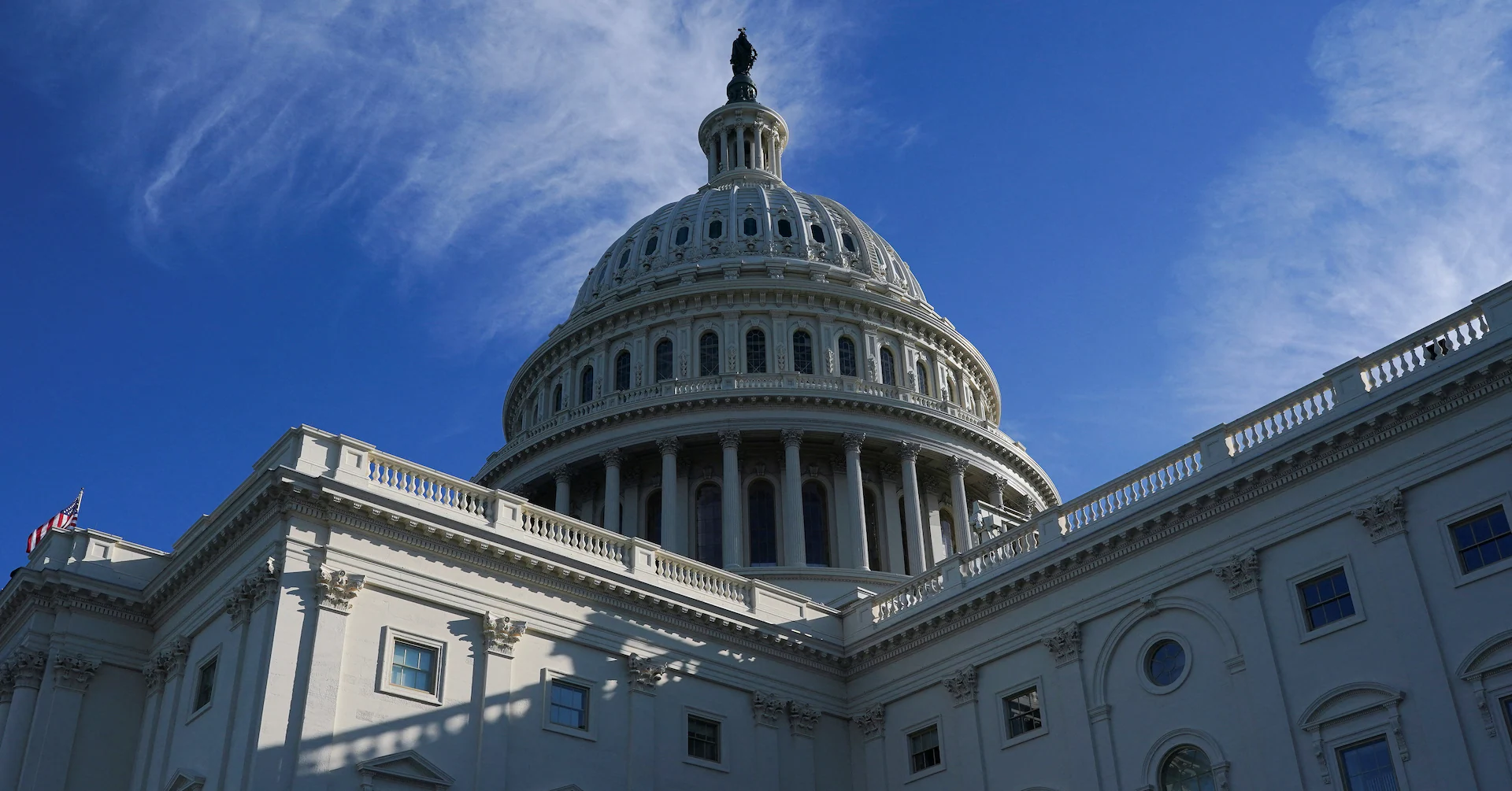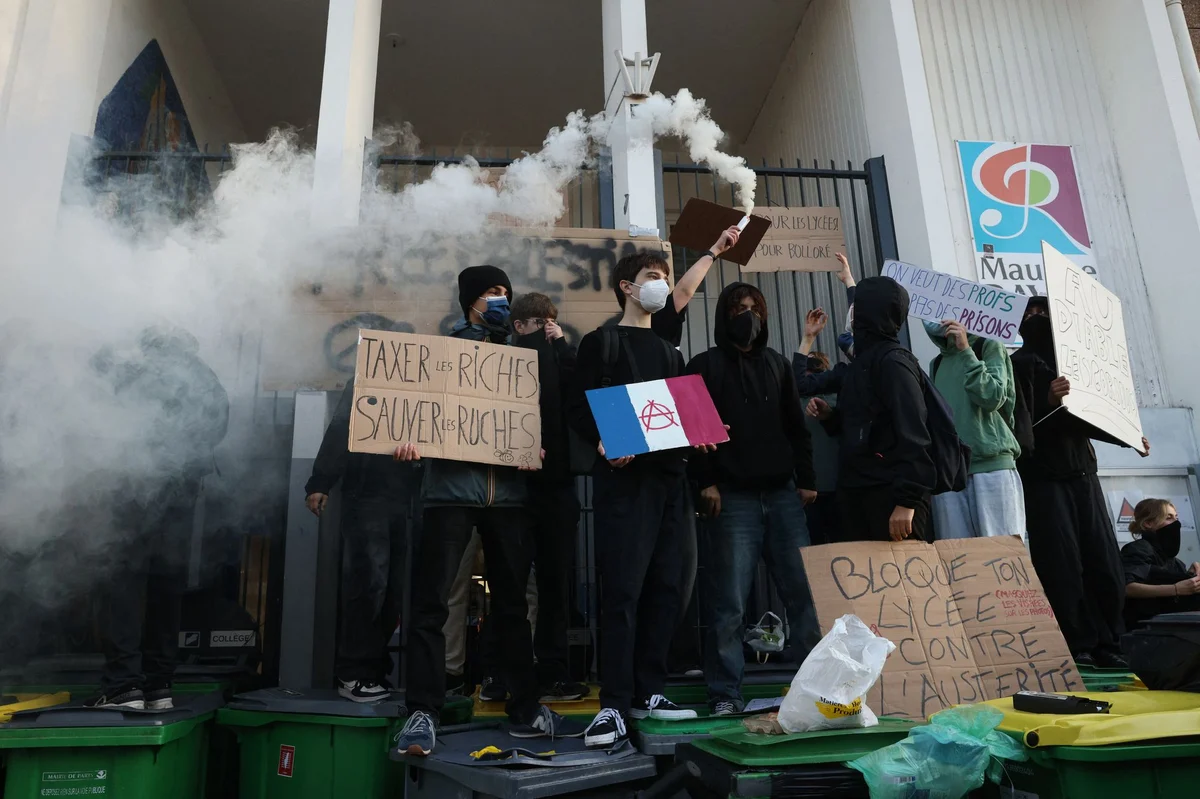Fitch says US shutdown unlikely to affect sovereign ratings; S&P sees marginal GDP hit – Reuters
By Manya Saini
Copyright reuters

Oct 1 (Reuters) – Fitch said on Wednesday it does not expect the ongoing U.S. government shutdown to affect the country’s sovereign ratings in the near term, adding that any impact on economic growth would depend on its scope and duration.
The U.S. government shut down much of its operations earlier in the day as deep partisan divisions prevented Congress and the White House from reaching a funding deal, setting off what could be a long, grueling standoff that could lead to the loss of thousands of federal jobs.
Advertisement · Scroll to continue
“Fitch will continue to assess developments around the U.S. regulatory environment, rule of law, and institutional checks and balances as part of its sovereign credit analysis,” the ratings agency said.
It expects the general government deficit to narrow to 6.8% of GDP in 2025 from 7.7% in 2024, partly due to a surge in tariff revenues, which it now sees reaching $300 billion.
“Despite increased uncertainty around U.S. policy and the possible erosion of institutional checks and balances, we expect the U.S. dollar’s predominant reserve currency status — a material sovereign rating strength — to continue for the foreseeable future,” Fitch added.
Advertisement · Scroll to continue
S&P Global Ratings said, separately, that government shutdowns generally have only a marginal effect on the broader economy, and it does not consider them credit events for the U.S. sovereign rating.
But secondary effects can build up over time, it warned, as furloughed workers cut spending and delays in key economic data add uncertainty for the Federal Reserve. S&P Global estimated the shutdown could trim GDP growth by 0.1% to 0.2% for every week the government is closed.
A government shutdown can have broad implications, disrupting federal services, slowing economic activity, and increasing uncertainty for markets and businesses.
The longest U.S. government shutdown, lasting 35 days in 2018-2019 during President Donald Trump’s first term, partly ended after flight delays triggered by air traffic controllers calling in sick.
Ad Break Coming Up
NEXT StayNext
OffEnglish
180p288p360p480p540p576p720pHD1080pHDAuto (180p)
About ConnatixV2074385474
About ConnatixV2074385474
Continue watchingafter the adVisit Advertiser websiteGO TO PAGE
It remains unclear how long the current government shutdown will continue. The main U.S. stock indexes bounced back from early lows on Wednesday.
“Government shutdowns are inconvenient and messy, but there is little evidence that they have a significant impact on the economy,” said Scott Helfstein, head of investment strategy at Global X.
“Typically, the lost economic activity, if meaningful in the first place, is recovered in the following quarter.”
Reporting by Manya Saini in Bengaluru, additional reporting by Prakhar Srivastava; Editing by Alan Barona
Purchase Licensing Rights
Manya SainiThomson ReutersManya reports on prominent publicly listed U.S. financial firms, including Wall Street’s biggest banks, card companies, asset managers, and fintechs. She also covers late-stage venture capital funding, initial public offerings on U.S. exchanges, and regulatory developments in the cryptocurrency industry. Her work appears in the finance, markets, business, and future of money sections of the Reuters website.
A passionate reader, she loves books across genres, from classics to contemporary fiction. She holds an undergraduate degree in Political Science from the University of Delhi and a master’s in journalism from the Symbiosis Institute of Media and Communication.EmailXLinkedin



